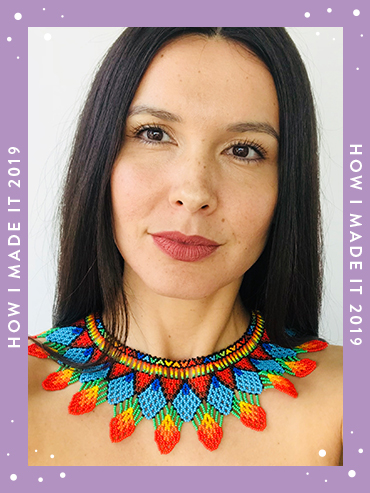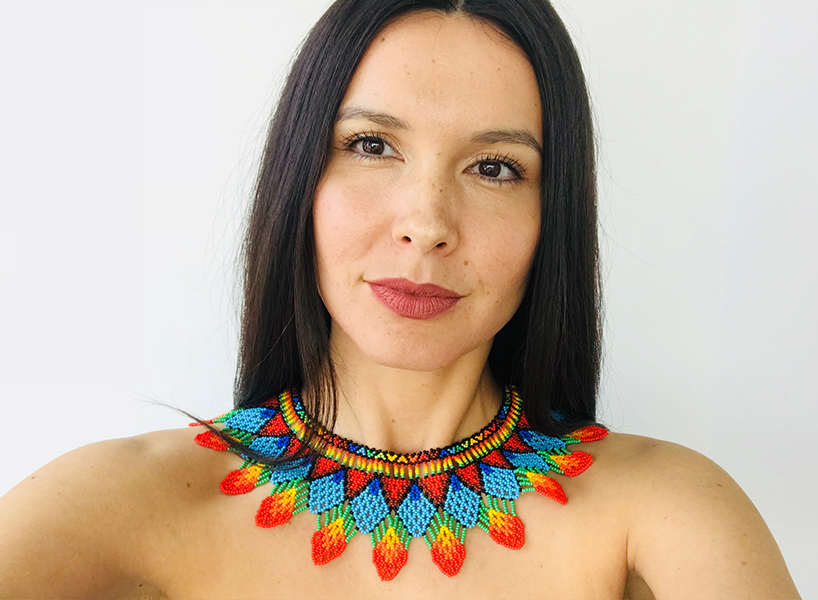Passion and a Determination to Make a Difference Set This Activist on Her Path
Melina Laboucan-Massimo on how she made it happen


Name: Melina Laboucan-Massimo
Job title: Fellow at the David Suzuki Foundation; campaigns director at Indigenous Climate Action; host of TV show Power to the People
Age: 38
From: Little Buffalo, Alb.
Currently lives in: Vancouver
Education: BA in sociology, University of Alberta; Master’s in Indigenous governance with a focus on renewable energy in Indigenous communities, University of Victoria
First job out of school: Indigenous and Latin American engagement coordinator at TakingITGlobal
When Melina Laboucan-Massimo proposed building a solar-power centre in her hometown of Little Buffalo, Alb., for her master’s thesis, she was met with some resistance. “One of my professors actually tried to dissuade me from doing it—he said ‘It’s too big of an undertaking, you’re not going to finish in time,’” she recalls. But she persisted, determined to show people how important it is for communities to have access to this type of technology—and it was a success. More than four years later, the project is still powering the community’s health centre.
That determination was born from seeing firsthand the effects the tar sands have had on local populations in Northern Alberta, where she grew up. “No one talked about what the actual impacts were—we just knew people were getting sick, people were dying of cancer,” says Laboucan-Massimo. “That’s why I decided to go back and do my master’s. At the time, it was almost anti-patriotic to say anything about the [fossil fuel] industry, but after doing a number of years of research, I was like, ‘I know too much now—this needs to be out there.’”
Laboucan-Massimo comes by her activism honestly. In 1988, when she was just seven, her Lubicon Cree community of Little Buffalo held a six-day protest against oil and gas drilling on their land. She was protected, huddled in the family car as her parents and grandmother held their positions on the blockade, but the event had an impact on her. “I think I knew innately from a young age [that I would be an activist]—I always felt a sense of duty for justice,” she says.
“My focus now is to continue to implement renewable-energy systems and to ensure climate-change preparedness for Indigenous communities—and all communities, really,” she says. She also recently finished filming a TV show, called Power to the People, about renewable energy and climate-change solutions, which will air next year on the Aboriginal Peoples Television Network.
While she’s been incredibly busy and in high demand for events and speaking engagements in addition to her other work, Laboucan-Massimo’s measure of career success runs much deeper than that. “It isn’t about making money,” she says. “It’s about leaving this world a better place than when I first found it. That’s a cultural teaching for me as a Cree person.”
FLARE Archived Content
To see the original article, search for it on the Flare archive: https://flare.fashionmagazine.com








